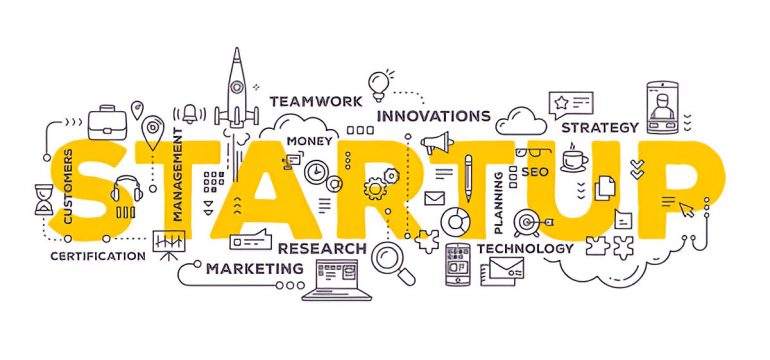Nine years since the launch of the Startup India initiative, it is inspiring to reflect on how this transformative program has reshaped India’s entrepreneurial landscape. Launched on January 16, 2016, by the Government of India, Startup India has been the cornerstone of fostering a culture where innovative ideas transform into impactful businesses. Today, India proudly stands as the third-largest startup ecosystem in the world, with over 100 unicorns and a thriving community of startups addressing critical challenges and generating substantial economic value.
The journey since 2016 has been remarkable. What began as the nascent ecosystem has grown into a robust platform for entrepreneurs to dream big and execute their visions. Startup India has played a pivotal role in simplifying compliance, providing financial support, and enabling startups to scale. Till now, over 1.50 lakh startups have been recognized by the Department for Promotion of Industry and Internal Trade, showcasing the immense growth and potential of India’s entrepreneurial ecosystem. Today, the startup ecosystem is a major driver of job creation, generating 1.60 million of direct and indirect employment opportunities, especially in Tier 2 and Tier 3 cities.
One of the most remarkable outcomes of Startup India has been the diversity and inclusivity it has fostered. India now boasts more than 73,000 startups with at least one-woman director, representing nearly half of the total startups recognized under the initiative. This highlights the critical role women are playing in driving innovation and economic growth.
The deep tech sector is experiencing a boom, with startups leading advancements in artificial intelligence (AI), machine learning, blockchain, and cybersecurity. These innovations are not only addressing complex industry challenges but also positioning India as a global tech leader. In the defence & strategic sectors, startups are at the forefront of innovation in drone technology, advanced manufacturing, and cybersecurity. India’s National Deep Tech Startup Policy (NDTSP) is also expected to become operational in 2025, aiming to bolster the country’s position as a global player in various sectors.
India’s space industry is undergoing a paradigm shift, with startups playing a key role. Over the five years from 2020 to 2024, Indian space startups raised to the tune of $354 million. Supported by the Indian Space Research Organisation (ISRO) and initiatives like IN-SPACe, the sector is witnessing dynamic collaborations between public and private entities, driving technological progress and global competitiveness. The government has approved a $119 million Venture Capital (VC) Fund under IN-SPACe to propel India’s space sector, foster innovation, and establish the nation as a global leader in space technology.
Since 2016, Government of India introduced a slew of regulatory reforms to nurture its startup ecosystem. The latest extends the definition of a startup to any entity under 10 years old, with an annual turnover below INR 100 crore, allowing tax rebates on profits for three consecutive years within this period if incorporated before March 31, 2024. Young startups can self-certify compliance under select labour and environment laws for up to five years and enjoy significant rebates of 80% on patent filings and 50% on trademarks. Notably, educational institutions also can avail of the same 80% rebate on patent filing, since a 2021 amendment. These reforms in addition to several other initiatives aim to ease compliance, encourage innovation, and empower entrepreneurs to build thriving businesses.
The Government of India continues to play a fundamental role in fostering, nurturing, and propelling the startup ecosystem toward sustainable growth and innovation. Early-stage funding has been accelerated through the Fund of Funds for Startups initiative, while sector-specific policies have nurtured innovation. The recent launch of the Bharat Startup Knowledge Access Registry (BHASKAR) has further enhanced collaboration among startups, investors, and other ecosystem stakeholders.
Incubators and accelerators have been critical in supporting entrepreneurs with mentorship, funding, and networking, helping them navigate challenges and build successful businesses. Establishing manufacturing incubators is essential for unlocking the potential of India’s manufacturing startups by addressing high capital requirements, outdated processes, and entry barriers. As the government aims to increase manufacturing contribution from 17% to 25% of GDP, a robust network of manufacturing incubators will accelerate economic development by promoting the adoption of emerging technologies like AI, ML & IoT, thereby positioning India as a global manufacturing powerhouse.
Nine years ago, Startup India was a bold vision. Today, it is a movement that defines the entrepreneurial spirit of a nation. Let us reaffirm our commitment to fostering innovation, empowering entrepreneurs, and building a future where India drives ideas, solutions and global leadership.



Leave a Reply